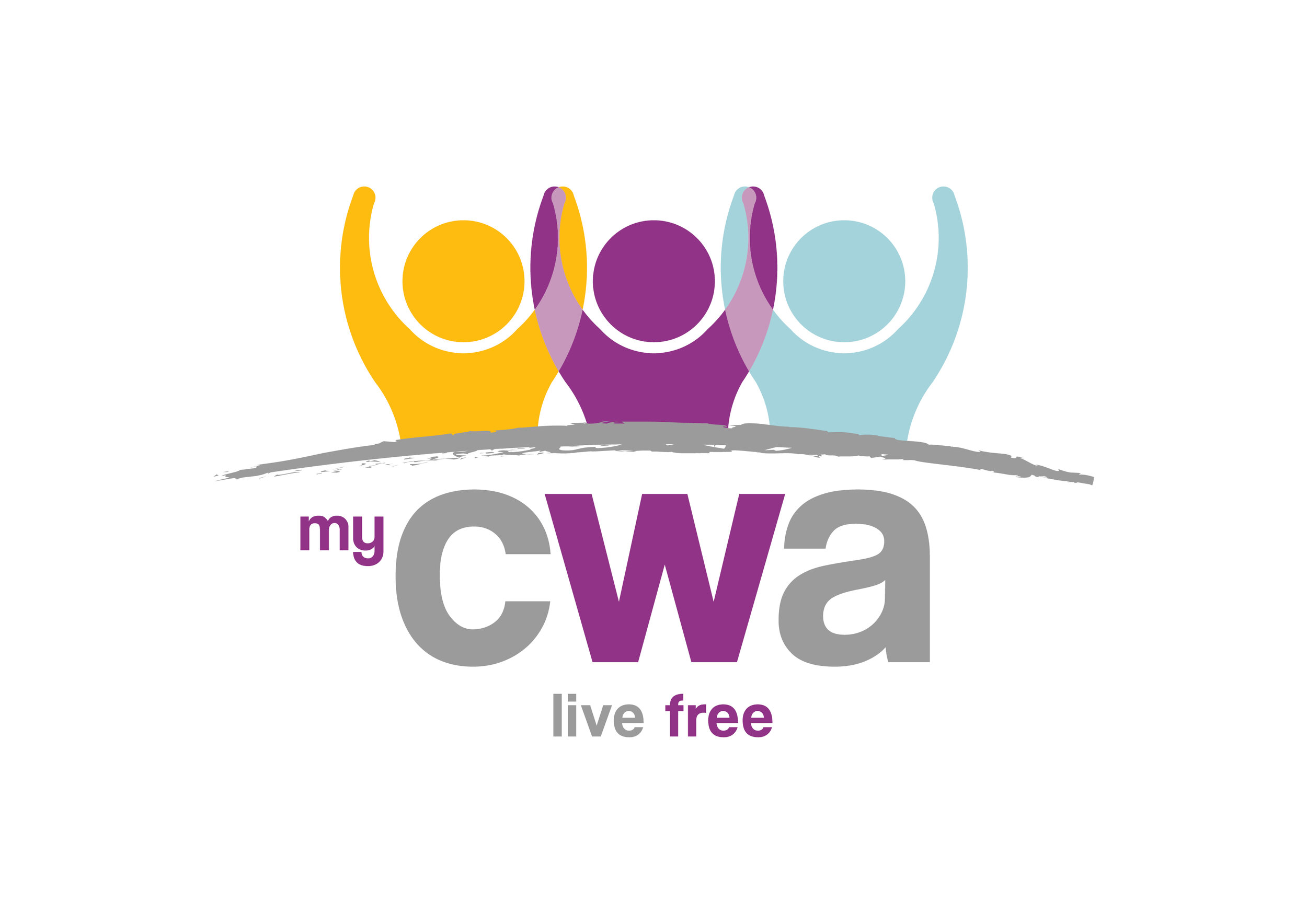keeping a journal
If you’re in an abusive relationship, there are several ways that keeping a journal can help. Journaling can help you make sense of your thoughts and feelings. It can help you gain perspective. And it can help you work out what to do next.
Safety first
If your partner discovers your journal it could put you at increased risk. So make sure it can’t be found. Don’t use a computer if there’s chance your partner could hack it. Use passwords to protect files and increase security if you do decide it’s safer to go digital. If you use a notebook, hide it somewhere safe (perhaps at work) or disguise it (you could use the paper cover off another book to conceal it).
What should I write about?
Anything you like. From documenting abusive incidents, to using poetry as a coping mechanism, your journal is there to help you move towards the happy and positive future that you deserve. And you do deserve to be happy.
If you’re keeping a record of abusive behaviours, make a note of dates and times as well as the names of any witnesses to the behaviour. What happened? What was said? How did it make you feel?
How can keeping a journal help me?
Keeping a domestic abuse journal can help you in several different ways. It doesn’t have to look a certain way. You don’t have to be good at writing – nobody is going to mark you down for bad spelling. It’s a self-help tool for you that can help you emotionally and practically.
The emotional benefits of keeping a journal
A journal can help you believe in yourself. If gaslighting has eaten away at your self-esteem and made you feel confused and disorientated, keeping a journal can help you take back some control. You can keep checking your version of events and confirm that things actually happened the way you remember, even if your abuser is telling you something different.
A journal can help you cope. If you’re not able to talk about the abuse with friends, family – and not ready to seek professional support – keeping a journal can help you process your trauma. Help you ‘get things off your chest’ until you’re ready for next steps. Write letters. Doodle. Draw pictures. Do whatever helps.
The practical benefits of keeping a journal
A journal can help you gather evidence. Your journal might be used as evidence – for example, when making contact arrangements for your children – so make sure you’re happy for whatever you write to be seen by police officers, solicitors, judges or counsellors.
A journal can help you leave. Your journal can be where you keep your personal safety plan. You might not be ready for leaving right now. But by having a plan, you’ll be able to see a brighter future right there on the page in front of you. So if taking one big leap feels too scary, why not take baby steps towards getting away? We’ll be there by your side.
Remember, the only person responsible for abuse is the abuser. You didn’t cause this. It’s not your fault. Have a look at our understanding abuse section to learn about different types of abuse. Or visit our services to find out how we can help. You’re not in this alone.

